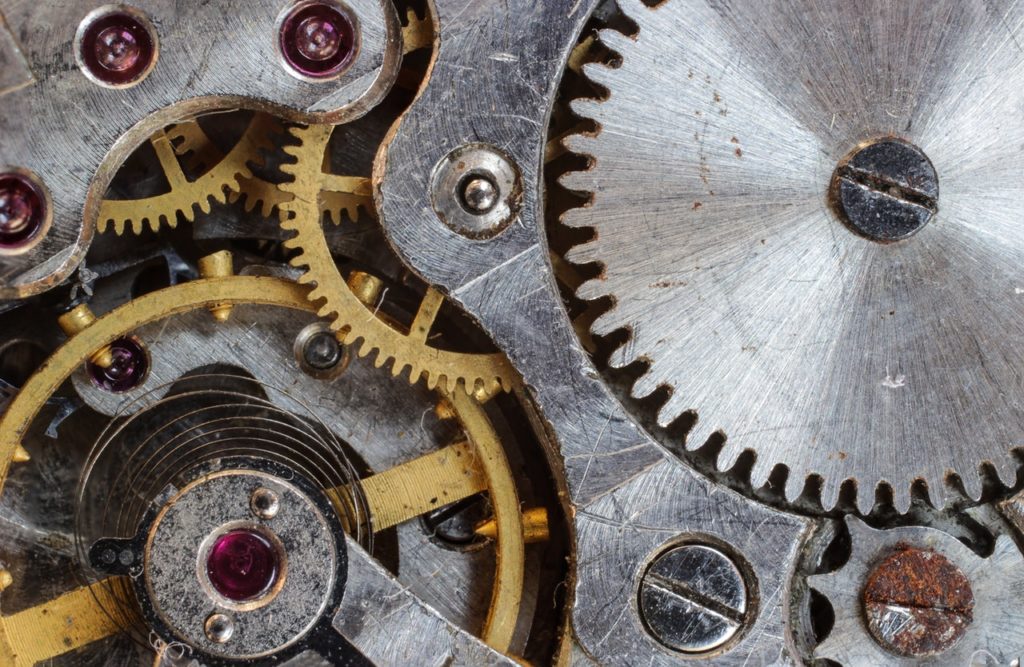When expanding your business, you will have to get large machinery to help speed up production. If you want to get the most out of your machinery, you have to take the necessary steps to ensure that it does not deteriorate too fast. Follow these steps to ensure that your machinery is safe for a long time.
Use high-quality oil and fuel
Fuel is an integral part of machine maintenance. It is what keeps it running, and oil also acts as a lubricant in most cases. This is necessary to keep the parts running smoothly. Without it, they would rub against each other, causing it to overheat. If neglected for too long, it can cause overheating and fires. The friction will also increase wear and tear, and this will cause it to deteriorate faster.
While regularly replacing it is a key part of maintenance, what you should also do is to find high-quality oil and fuel. You will notice the difference right away because your machinery will perform better and faster. Aside from that, those with better quality tend to last longer. There are even certain hydraulic fluid solutions that are eco-friendlier.
In some cases, certain types of oil are better for specific kinds of machinery. This is true in the case of cars, where the viscosity or thickness varies on the type of engine. When you are ordering your machinery equipment, make sure that you know its specifications and understand what type of oil it needs.
Perform preventive maintenance checks
Part of your responsibility as a businessman is to ensure that regular maintenance and inspection checks are done on your machinery. Not only is it for preventing breakdowns, but it will also protect your employees from a potential disaster. If word got out that you are not doing regular maintenance and someone gets injured, that could be a legal case. Studies find that it has cost the US economy roughly 2.1 billion dollars.
Inspection should be done before and after operating a machine. A more thorough inspection should be done every few months to ensure that everything is working properly. You should also look out for signs of wear. This can vary on the type of machinery. It can be strange sounds that were not previously there before, or it could be spots that are unusually warm. Visible cracks is also a sign that it has some damage.

Update your parts
Sometimes, parts of a machine are too old that they become less efficient. Wear and damage don’t always mean that the entire machine is faulty. It could just be one aspect of it that has problems. In that case, you should replace worn-out parts every few years. This will make it perform better, and this also saves the rest of the parts from being damaged.
When you see parts that are damaged, there is always the question of whether to repair or rebuild. To know whether which choice is best, identify first how much it will cost. If the repairs are covered by insurance or warranty, then it may be the better choice.
Once the cost of repairing starts to exceed the price of replacing it, you should buy new ones. Experts say that repairing parts tend to rise by 30 percent compared to replacing them, and it will jump to 50 percent the following year. This is worth noting for future budget plans. But it is always an excellent choice to get newer parts that are made of stronger and more durable material.
Give your machines rest
Machinery needs their breaks as well. While they are built to do heavy-duty work, that doesn’t mean that they should be constantly left on. One of the best ways you can prevent speedy deterioration is to make sure that the machine gets some rest every now and again.
The more a machine works. The faster its parts get worn out. In some cases, leaving them on for a prolonged period can cause them to overheat. This will shorten its lifespan and cause them to break down faster. Make sure that you turn them off when not in use. If you need continuous production, then you can have a second machine and have it work in intervals. Either way, machines need to be turned off when you have to clean them anyway.
If you are not a huge business, leaving them on can be a waste of energy. You can be more strategic about your production to prevent excessive utility costs.

